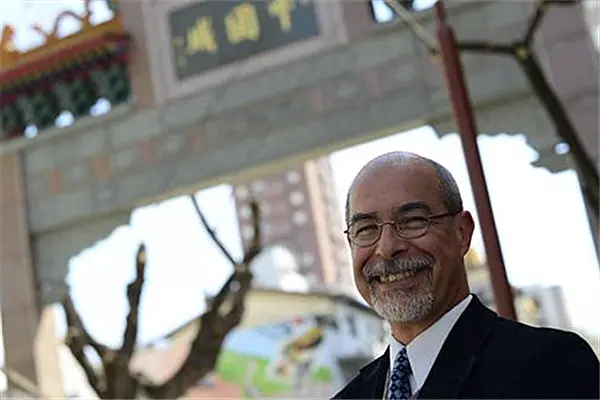By APD writer Wang Peng
In recent days, the hottest issue on Chinese social networking platforms WeChat and Weibo, as well as forums is the upcoming 2017 BRICS Summit in the city of Xiamen, east China’s Fujian Province, while the most popular documentary is the ‘Major Power Diplomacy’.
The first sentence of ‘Major Power Diplomacy’ is proposed by Chinese President Xi Jinping, ‘The world is so large that there are too many problems. Thus the international society is looking for Chinese voice and Chinese plans to solve them.’
Why do President Xi’s words trigger so much reaction both at home and abroad so soon? It is not only because his words reflect the rising confidence of 1.3 billion Chinese people, but also come as a great beacon light of hope to billions of people who had been seared in the flames of emerging populism and protectionism in the winter of de-globalization.
What is more, as the old Chinese proverb said, ‘behaviors speaks more than words.’ The Chinese government, led by President Xi, makes every effort to fulfill all the promises that China gave the world. China made proposals, agents, plans, and projects such as the BRICS bank, the Belt and Road Initiative and the Asian Infrastructure Investment Bank (AIIB) to promote the mutual-beneficial conducts and cooperate with its global partners to improve the world order step by step.
From the first BRICS Summit held in Russia, September 16, 2009, the group of BRICS has been changing the world dramatically. The transformation from BRIC to BRICS, with the new member South Africa, enlarged the proportion of their GDP in the world as well as the influence of their common interests, wills, aims, discourses and targets.
As a major dynamic global governance reformation after the big financial crisis, the BRICS are changing the world on their own ways by proposing a number of practical proposals and projects on solving the current international issues. During the past eight years, they not only focus on economic and trade issues, but also provide solutions and resolutions to different global and regional issues such as climate changes, international financial order reform, food security, energy and environment and anti-terrorism.
Some say, the so-called ‘BRICS’ is just a funny club for leisure while their summit only serves as a talk-shop. The comment, undoubtedly, neglects the persistent efforts of these five nations in coordinating and integrating their common interests and shared targets in reforming the world political-economic order, which were shaped by the melting-pot summits every year and the subsequent joint statements during the past decade. In this aspect, an emerging united and workable regime is clearly telling the world what the BRICS really wants: reforming the world order, establishing a much more diversified international financial system, increasing the representation of developing and emerging countries in the world economic and financial organizations, making right to vote more fair and just to match the latest changes of the world economy map.
Guided by the principle, the five BRICS countries have promoted their cooperation in various fields by leaps and bounds during the past eight years. Taking deepening China-Russia cooperation for example, Moscow and Beijing not just set the best sample of building mutual trusts and strategic coordination between great powers, but also explore the practical approaches within the framework of BRICS. No matter what challenges come, either western sanctions or economic depression, Moscow and Beijing will boost their business in realms beyond security, energy, trade and so forth. These two giants will maintain identical positions in various issues and support each other. These efforts enhance their international voice of both countries, keep the balance of world powers and restart the engine of the international order refroms.
‘Nine is a special number in Chinese culture, which represents many nice and benevolent elements in people’s minds, such as ‘the nine-level as the top’ or ‘the nine-step as the final resolution’. Thus we may sincerely hope that the 2017 BRICS Summit as the 9th leaders’ forum will make a milestone in both the path of BRICS itself and the shared common future of the world.
Dr. Wang Peng, Research Fellow at the Charhar Institute and Lecturer at the China Institute of Fudan University, researcher of APD Institute
(ASIA PACIFIC DAILY)
 简体中文
简体中文

